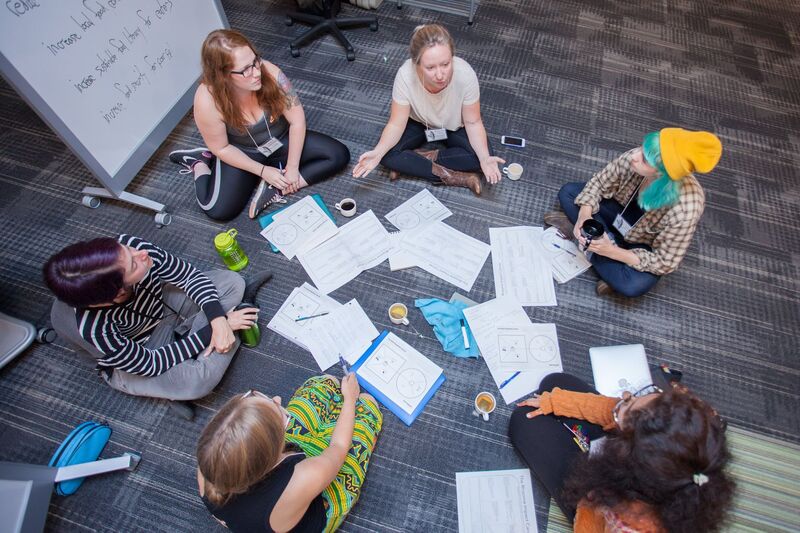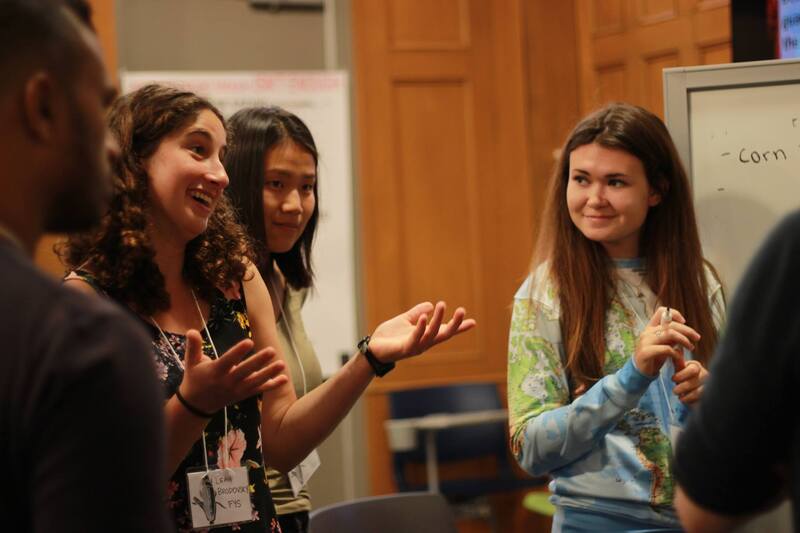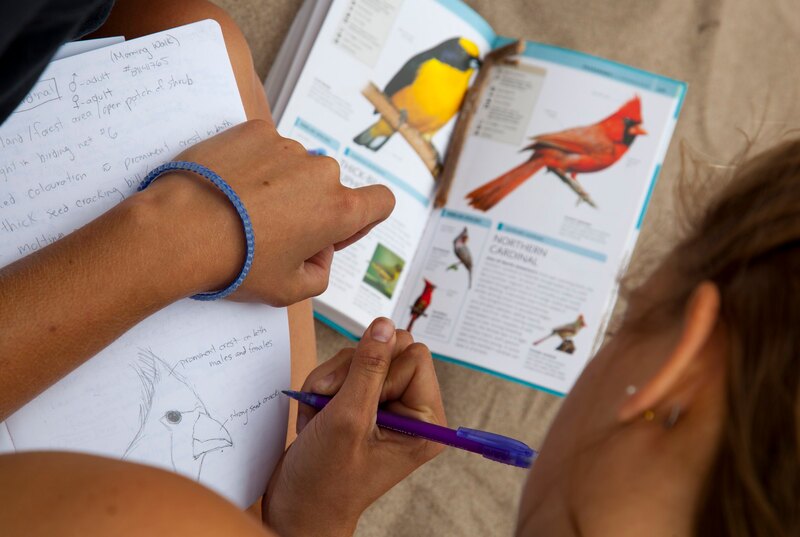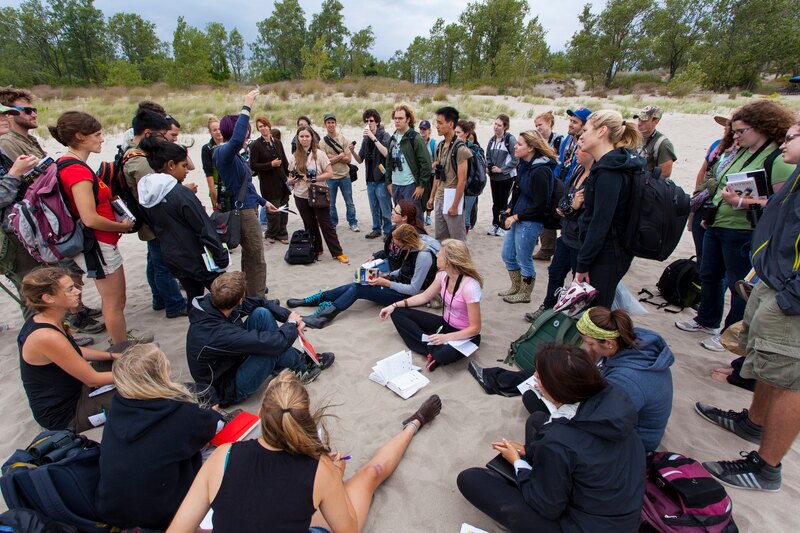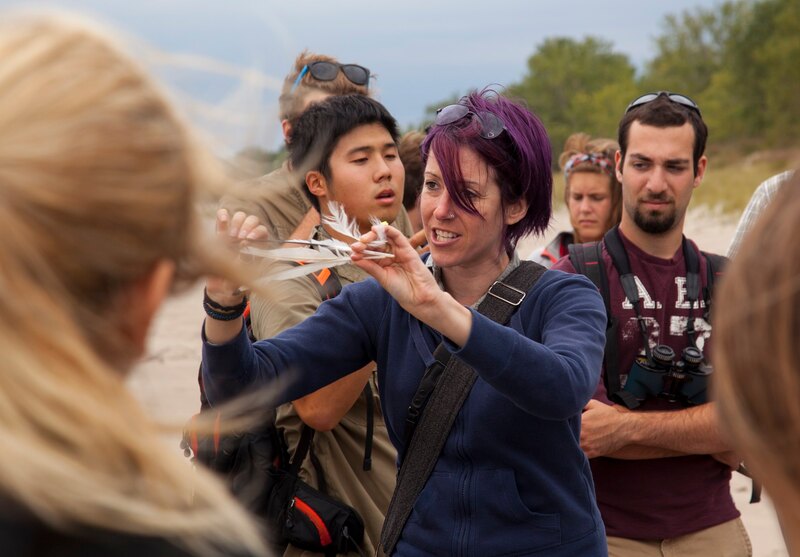Shoshanah Jacobs
Ideas Congress (ICON) UNIV*4200 - Discontinued
We've created a truly transdisciplinary learning environment where students, from all majors and year levels come together to earn credit towards their degree major. We learn about transdisciplinary teamwork, communication to a variety of audiences, problem solving, and critical thinking.
Discovering Biodiversity (BIOL*1070)
Evolutionary, Ecological, and Physiological contributions to global biodiversity - strongly emphasizes learning and reasoning skills, biological inquiry, and key concepts in evolution, ecology, and organismal biology. Topics discussed in the course include: the meaning and significance of biodiversity, current issues surrounding biodiversity, the evolutionary processes through which biological diversity originates and is interrelated, the complexity of organisms, the importance of physical organization and regulatory processes, the nature of interactions among organisms, and the nature of interactions between organisms and their biotic and abiotic environments.
Humans in the Natural World (BIOL*1500)
Fundamental biology including evolution and ecology using human biology and natural history as the case study. Active learning model with instructor-written textbook - This course will examine past and present human interactions with Nature from an ecological perspective. To do this, students are first introduced to science as a way of knowing, the scientific method, and basic evolutionary and ecological principles. Using this knowledge, and these tools, we will then explore the story of humanity, beginning with the first humans 200,000(?) years ago, examining how they evolved in the context of their natural surroundings, the changes in niche, and biological adaptations that resulted from an intimate relationship with the natural world. This course is designed for non‐science students.
Laboratory Studies in Ornithology (ZOO*4920)
Active learning course for students to develop their field collection and anatomy skills - What is a bird? It is only when you try to answer this question that you will realise just how fascinating this group really is. You will learn that all of their adaptations have evolved in the context of flight and that, by studying the birds, we can gain valuable insight into the natural world of things that fly! This field and lab-based ornithology course will provide a practical introduction to the biology of birds. The lab material and exercises will expose students to unique aspects of avian form, function, and taxonomy. Students will also be exposed to a wide variety of avifauna through two field activities: one to Long Point Provincial Park to conduct field observations of North American migratory birds and the second to the Arboretum to practice handling and banding birds. Because this is a rather unique course with all sorts of activities to coordinate, all students are required to obtain instructor consent and sign an agreement to attend all scheduled activities in order to register for this course.
Invertebrate Morphology and Evolution (ZOO*2700)
A taxanomic parade of the majority of the diversity of life. Students are taught to see diversity through the lens of unification and common biological themes - The goals of this course are to give students an appreciation for the vast diversity of invertebrate taxa, and to endow them with practical and conceptual tools that they can use to classify these organisms and understand the origins of this diversity. The principles of evolutionary history and theory will form the conceptual framework for the course. Students will explore invertebrate diversity in lecture and lab by “building the tree of life” as we make our way from single celled organisms to more derived, multicellular animals. The knowledge and skills gained during this course will form an essential foundation for ZOO*3700 Integrative Biology of Invertebrates.
Proudly powered by Weebly
